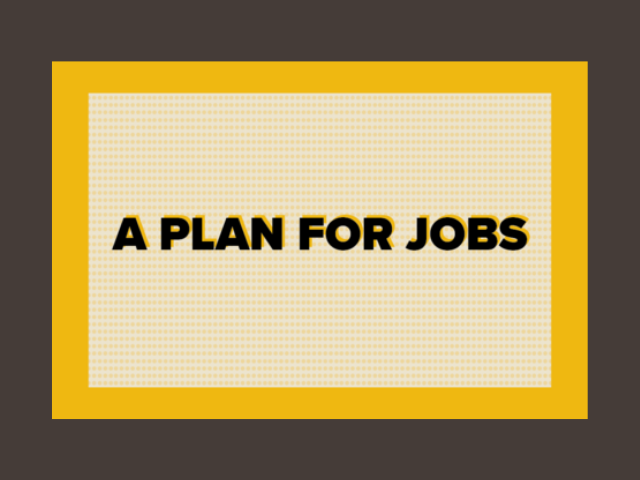In the wake of the covid-19 lockdown, UK chancellor Rishi Sunak has unveiled a ‘mini-budget’ to map out the plan for economic recovery. Here are the main announcements:
For homebuyers:
When buying residential property or land in England or Northern Ireland the buyer is often required to pay a tax known as Stamp Duty. To help the property market keep moving at a time when people may be feeling less secure about their finances, Sunak announced that buyers can avoid stamp duty on properties below £500,000 until 31st March 2021. This is projected to save 90% of buyers from paying any stamp duty, whereas those buying homes worth more than £500,000 can benefit from a saving of up to £15,000.
For employers:
Where employers have put staff on furlough they are being offered a financial incentive to keep their jobs open. They can claim a £1000 one-off payment per employee that returns and is still at the company at the end of January 2021. This will hopefully give furloughed staff more job security.
Employers will receive a bonus for every apprentice or trainee that they hire. For every apprenticeship filled by someone under 25 the bonus is worth £2000, or £1500 if they are over 25. For each trainee (who are usually unpaid but the employer covers expenses) the employer will receive £1000. This scheme is running from the 1st August until the 31st January 2021 and aims to create new employment opportunities.
For young people:
As the higher apprenticeship bonus suggests, the chancellor is keen to ensure young people aren’t left behind. Sunak announced a £2bn ‘kick-start’ program to create opportunities for under 25s that are at risk of long-term unemployment; each ‘kick-start’ job will see the government paying National Minimum Wage for 25 hours a week, for six months. To qualify for these positions the job-seekers need to be aged between 16-25 and in receipt of Universal Credit. Employers will be required to show that these are new jobs being created for the purpose of this scheme and that they will include skills training.
For the hospitality sector:
Under normal circumstances, VAT is a 20% tax paid on goods and services. The new measures will see a reduction to 5% across the hospitality and tourism sectors, including food and non-alcoholic drinks, entry to tourist attractions and the cost of accommodation. It is up to the individual businesses to decide what to do with the 15% savings; some places have pledged to pass on the savings to the customer whereas others will keep current pricing to help recover lost revenue during lockdown.
The ‘Eat Out to Help Out’ scheme will see the treasury pay 50% of your food and non-alcoholic drinks bill (up to £10 per person) on Mondays, Tuesdays and Wednesdays throughout August. Pubs, cafes and restaurants will need to register to participate and then claim the discount back from the government.
If you run a small business in the hospitality industry and want help initiating the scheme for your company, the professionals at Neil Smith Accountancy can help. Get in touch for a free consultation.
The combination of these measures is hoped to instill confidence in consumers, helping them feel more secure and able to spend again, whilst giving struggling industries some extra support.
For expert business advice, Neil Smith Accountancy is here for you. We can help with your new start up, or an established business. Get in touch today to find out what we could do for you.


